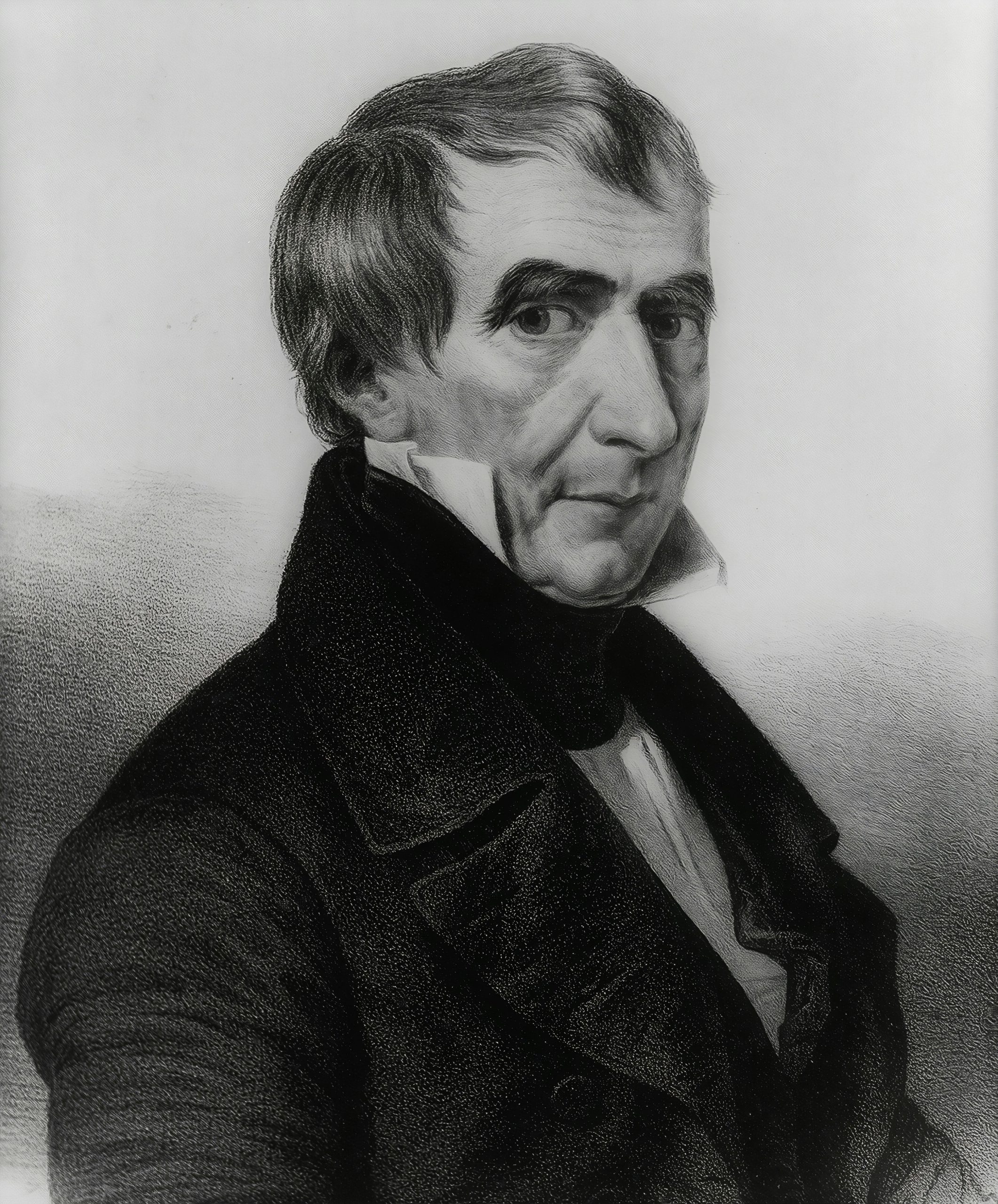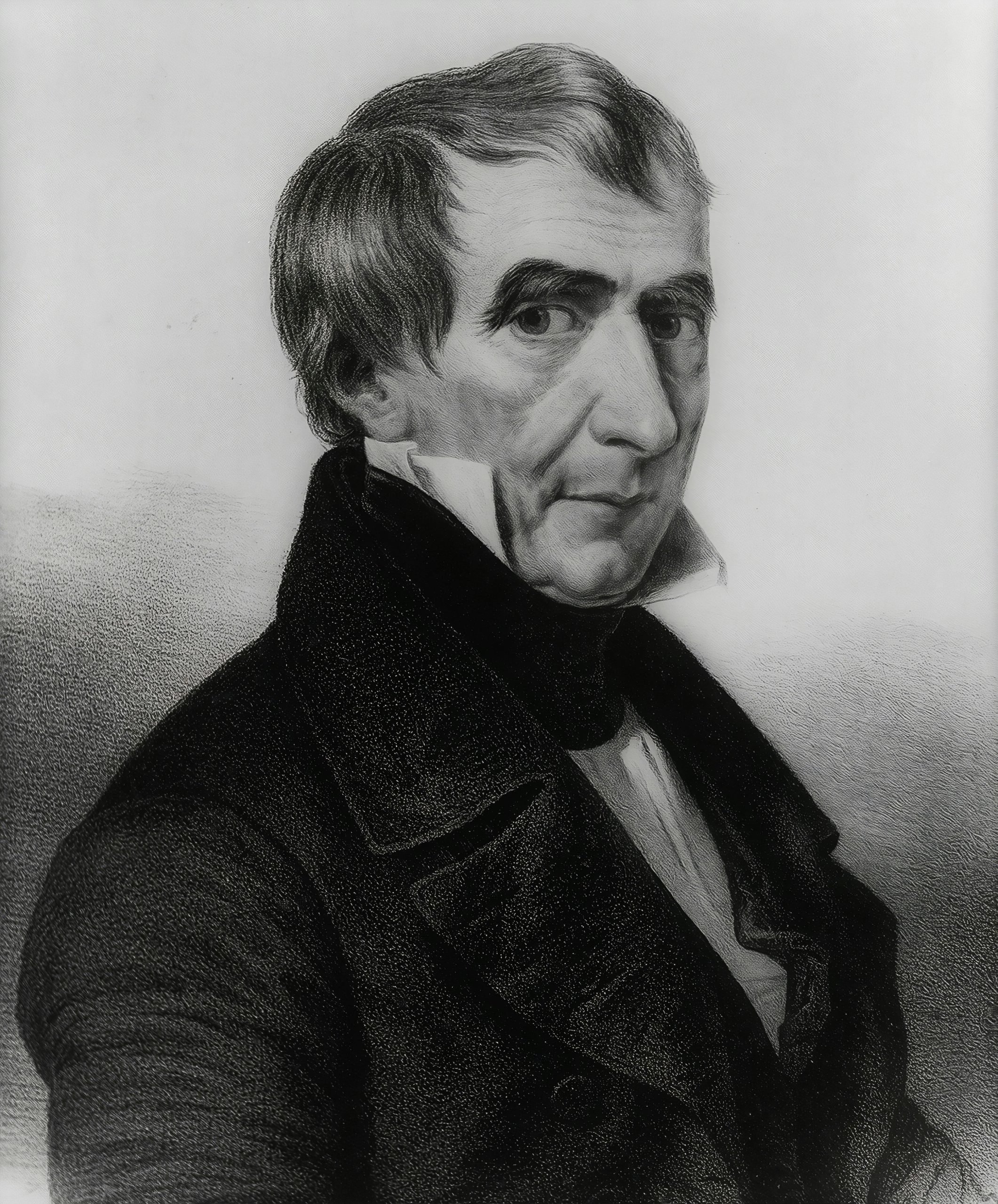
Effective Sports Leadership Strategies
Introduction
Effective leadership is crucial in sports, driving teams to success both on and off the field. Leaders in sports must inspire, strategize, and manage diverse personalities and talents to achieve common goals. This article explores key strategies that define successful sports leadership, supported by examples and insights from renowned coaches and athletes.
Vision and Goal Setting
A visionary leader in sports sets clear, achievable goals that motivate athletes and staff. According to Vince Lombardi, “Leadership rests not only upon ability, not only upon capacity, but upon the determination to carry them through.” This quote underscores the importance of setting ambitious yet realistic goals. For instance, Sir Alex Ferguson, former manager of Manchester United, emphasized the importance of goal setting in achieving consistent success throughout his career.
Effective Communication
Communication is central to effective sports leadership. Leaders must convey their vision clearly and ensure that every team member understands their role. Phil Jackson, the legendary NBA coach, utilized Zen philosophy to foster open communication and trust among his players, leading to multiple championships with the Chicago Bulls and the Los Angeles Lakers.
Building a Strong Team Culture
Creating a cohesive team culture is essential for sustained success. Bill Walsh, the architect of the San Francisco 49ers dynasty, emphasized the importance of a shared vision and mutual respect among team members. This culture enables athletes to support one another and perform at their best under pressure.
Adaptability and Flexibility
In the dynamic world of sports, adaptability is crucial. Leaders must adjust strategies based on opponents, conditions, and the strengths of their own team. For instance, Nick Saban, head coach of Alabama Crimson Tide football, is known for his meticulous game planning and ability to adjust tactics during games, resulting in numerous national championships.
Motivation and Inspiration
Motivation is the fuel that drives athletes to excel. Effective sports leaders inspire their teams through both words and actions. For example, Serena Williams, a tennis icon, credits her success to her coach Patrick Mouratoglou’s ability to motivate her during challenging matches, helping her maintain focus and determination.
Emotional Intelligence and Empathy
Understanding and managing emotions is key to building trust and cohesion within a team. Leaders with high emotional intelligence can navigate conflicts, build rapport, and create a positive team environment. For instance, Steve Kerr, coach of the Golden State Warriors, is known for his empathetic approach, which has strengthened player-coach relationships and contributed to the team’s success.
Continuous Learning and Development
Successful sports leaders are lifelong learners who constantly seek new knowledge and techniques to improve their coaching abilities. They encourage their athletes to adopt a growth mindset and embrace challenges as opportunities for improvement. For example, Jurgen Klopp, manager of Liverpool FC, emphasizes continuous learning and innovation, which has revitalized the club’s performance in recent years.
Conclusion
In conclusion, effective sports leadership requires a combination of vision, communication, adaptability, motivation, emotional intelligence, and a commitment to continuous improvement. By applying these strategies, leaders can inspire teams to achieve greatness and leave a lasting legacy in the world of sports.
By learning from the insights and examples provided by successful coaches and athletes, aspiring leaders can develop their own unique leadership styles and make a significant impact in the competitive arena of sports.



